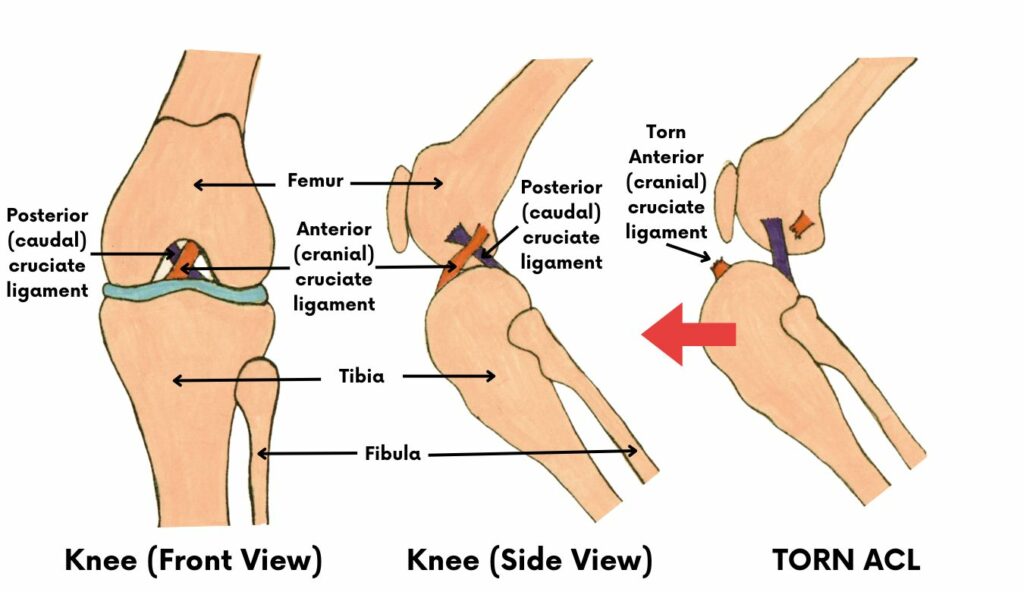Management is a skill. Its something that comes naturally to some people and something that you can learn. Learning how to delegate tasks and deliver constructive feedback takes nuance and people skills. Barking orders at people or tearing people down for mistakes will not produce effective happy workers.
There are plenty of management course available for people to learn these skills. These range from casual short term courses to bachelors degrees and masters degrees.
CVE
I am required by law to take 12 hours of approved course work each year. This is called continued veterinary development. Every veterinary nurse in Ireland has to do the same to remain working in a veterinary practice.
For veterinary surgeons, or vets as we usually call them, its even harder. Vets have to study for a minimum of 5 years and their CVE requirement is a minimum of 20 hours.
Most veterinary practices will offer their staff a CVD allowance to help their staff to upskill and keep up to date with their CVD requirements. In the last couple of years it has become more common for the practice to pay your fees also. There are some CVD courses that are teach management skills.
Traditional Management
Managing a veterinary practice requires industry knowledge as well as management skills. A practice manager will often have to fill gaps in the rota wherever they can, order stock, manage payroll etc. Most practices are managed by nurses and vets who have moved on from 100% clinical work into administration.
While this is beneficial because of the industry knowledge it can lead to some other complications. Some of examples of this would be lack of in depth knowledge of employment law. In a practice I worked in years ago, there was some debate as to weather or not I should have been paid for a certain bank holiday. According to what I had read on citizensinformation.ie I was entitled to pay, according to them I wasn’t. I forwarded on the information I had read, they researched and agreed that I was due payment for that day.
While this wasn’t really a big deal, it is still a minor example of how lack of business and managerial experience has shown up. In this same practice when my frequency of pay had changed from weekly to monthly I requested the change in writing. My pay day was different each month, I wanted it explained to me in detail when I could expect to be paid. This ended up being a dispute between myself and the management. I decided not to peruse this and left shortly after.
Its not what you say, its how you say it
Another example of how lack of management skills can be prevalent in such cases is how feedback can be given. I have worked with nurses who have been quite upset after annual reviews. They felt like they had been unfairly assessed and that their job was on the line following the review. Upon speaking with them in depth about their reviews we found that it was more the delivery of the critiques that upset them.
Learning how to deliver critiques and feedback is a crucial skill for managers. People work better when they feel they are appreciated. We all have areas that we need to improve upon, that’s just human nature. Its highly unlikely that you would have an annual review and not have some areas for improvement. But how that message is delivered is as important as the message itself.
Corporate management
On the other hand I have worked in corporate vets also. These are practices that are owned by huge multinational corporations. The practices are manged on the ground the same way your local vets would be but there is another layer of management above them. This can lead to its own complications.
In one of the corporate vets I worked in, the corporation was responsible for setting budgets and pricing. The prices could change overnight without warning. This led to confusion for regular clients who were paying one price for a treatment one month, and the next month it was significantly more expensive. Most people work off a set budget each month. A 25% price increases in a month expense can be difficult for people to budget for.
Many corporate vets also set monthly sales targets for their vets. While this isn’t common practice in Ireland I have heard from vets who have worked in the other countries that it is common there. Each month vets would have a review with their manager and discuss their targets. This could include questions on why they chose certain treatments.
Ethically speaking
In some cases, patients can be treated effectively with conservative treatment. An example of this could be some small dogs with a torn cruciate ligament. The cruciate ligament is located in the knee. It can tear and cause pain and lameness due to the femur slipping on the tibial plateau . In some small dogs, treatment can involve rest, weight loss if necessary and pain relief medications along with supplements. There are a few different surgeries that will correct this injury. The surgeries are often costly but are usually effective.
It will be up to your vet to decide what is the most effective treatment for your individual pet and this blog post is not to be used for diagnostic or treatment purposes. In some small dogs, surgery is the best option.
A vet I worked with once described to me her experience of working in a practice with sales targets. She was questioned as to why she chose to treat some cases conservatively and encouraged to push surgeries when surgeries are an option as the produce more profits. This raised a lot of ethical concerns for her and she was uncomfortable pushing surgeries when she felt they were unnecessary.

So which is better?
Veterinary is a complex industry. Patient care is important to all of us who chose that career path but like all business, veterinary practices need to make a profit to stay in business. It is important in a health care industry that patient care is given the upmost priority when making business decisions. However without the business turning a profit, they will no longer be able to provide a valuable service.
Both versions of management have their pros and cons. Working for a corporate vets means you will have managers experienced in employment law and business skills which can really benefit a business and the employees. Working in a more traditionally managed practices means you will have people making informed decisions on how patients are treated which can lean to higher standards of patient care.
Ideally it would be extremely beneficial to anyone considering an administrative position to begin upskilling and learning these skills prior to applying for managerial positions. Learning how to be an effective manager is possible even if you are coming at it from no prior experience but like everything, skills are best learned with some guidance.
I would encourage anyone looking to move into more senior roles to learn not just about the industry you work in, but also the skills required to create a harmonious work place and effective relationships with your staff.


Leave a Reply